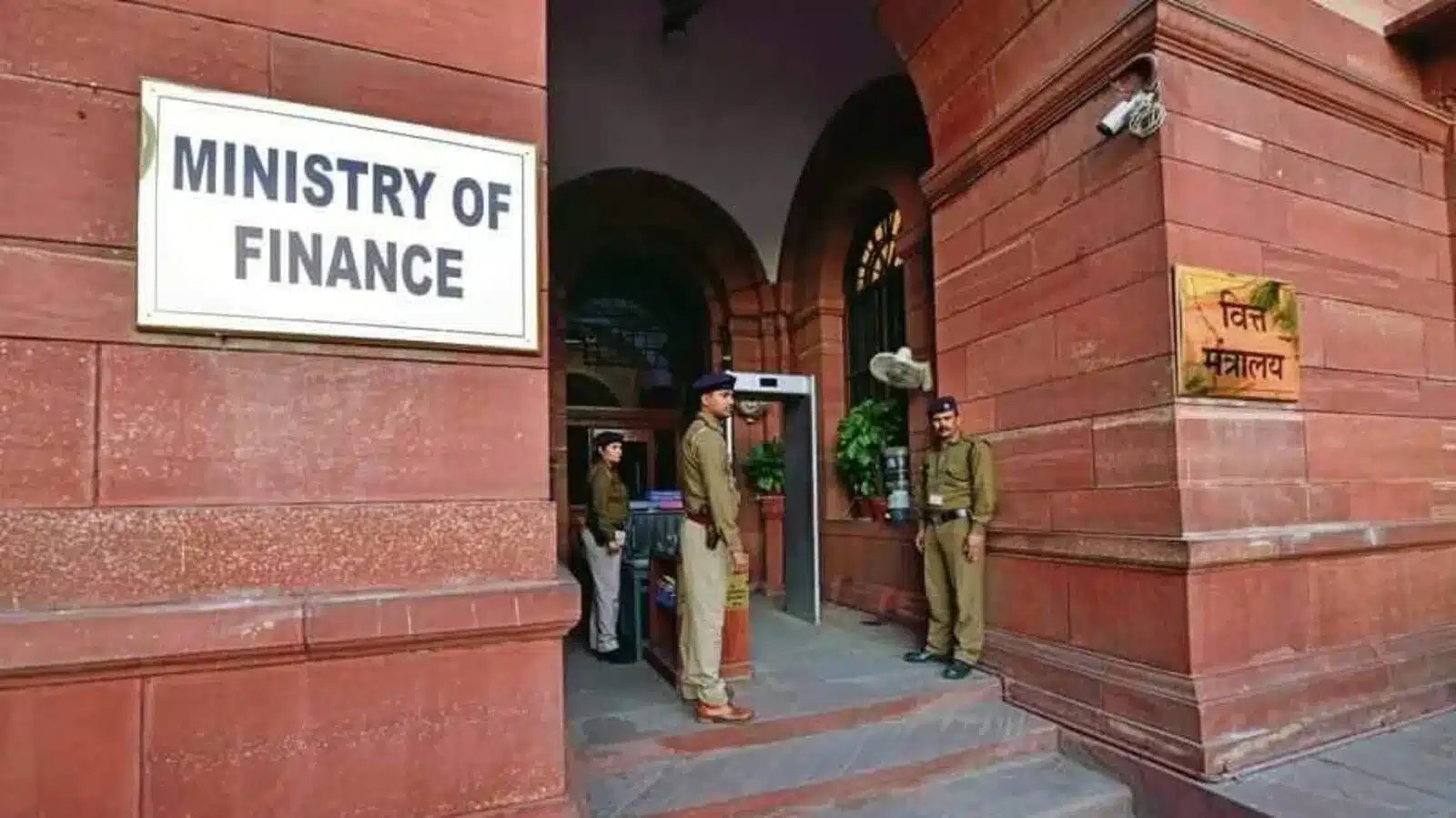About Controller General of Accounts (CGA):
- CGA, in the Department of Expenditure, Ministry of Finance, is the Principal Accounting Adviser to the Government of India.
- CGA is responsible for establishing and managing a technically sound Management Accounting System and preparation & submission of the accounts of the Union Government.
- The CGA is also responsible for exchequer control and internal audits for the central government.
- It was established in October 1975 to administer matters pertaining to the departmentalisation of the accounts of the Union.
- Functions:
- The Office of CGA prepare smoothly and annual analysis of expenditure, revenues, borrowings, and various fiscal indicators for the Union Government.
- It further formulates policies relating to general principles, forms, and procedures of accounting for the Central and State Governments.
- It administers the process of payments, receipts, and accounting in the Central Civil Ministries/ Departments.
- Through its Internal Audit Units in the respective Ministries/Departments, it is responsible for maintaining the requisite technical standards of accounting in the departmentalized accounting offices and for monitoring the financial performance and effectiveness of various programs, schemes, and activities of the civil ministries.
- It also administers banking arrangementsfor the disbursements of Government expenditures and the collection of government receipts and interacts with the Central Bank for the reconciliation of the cash balances of the Union Government.
- CGA is also responsible for coordination and monitoring the progress of the submission of corrective/remedial action taken notes (ATNs)on the recommendations contained in the Public Accounts Committee’s (PAC) reports as well as the Comptroller and Auditor General (CAG) reports through its web-based Audit Para Monitoring System (APMS).
- It also looks after the pensions of Central government employees.
Q1: What is the Public Accounts Committee (PAC)?
PAC is a committee of selected members of parliament, constituted by the Parliament of India, for the purpose of auditing the revenue and the expenditure of the Government of India. They check that parliament exercises over the executive stems from the basic principle that parliament embodies the will of the people. It consists of not more than twenty-two members, fifteen elected by Lok Sabha, the lower house of the Parliament, and not more than seven members of Rajya Sabha, the upper house of the Parliament.
Source: India’s FY24 fiscal deficit improves to 5.63% of GDP, narrower than government’s target of 5.8%
Last updated on November, 2025
→ Check out the latest UPSC Syllabus 2026 here.
→ Join Vajiram & Ravi’s Interview Guidance Programme for expert help to crack your final UPSC stage.
→ UPSC Mains Result 2025 is now out.
→ UPSC Notification 2026 is scheduled to be released on January 14, 2026.
→ UPSC Calendar 2026 is released on 15th May, 2025.
→ The UPSC Vacancy 2025 were released 1129, out of which 979 were for UPSC CSE and remaining 150 are for UPSC IFoS.
→ UPSC Prelims 2026 will be conducted on 24th May, 2026 & UPSC Mains 2026 will be conducted on 21st August 2026.
→ The UPSC Selection Process is of 3 stages-Prelims, Mains and Interview.
→ UPSC Result 2024 is released with latest UPSC Marksheet 2024. Check Now!
→ UPSC Prelims Result 2025 is out now for the CSE held on 25 May 2025.
→ UPSC Toppers List 2024 is released now. Shakti Dubey is UPSC AIR 1 2024 Topper.
→ UPSC Prelims Question Paper 2025 and Unofficial Prelims Answer Key 2025 are available now.
→ UPSC Mains Question Paper 2025 is out for Essay, GS 1, 2, 3 & GS 4.
→ UPSC Mains Indian Language Question Paper 2025 is now out.
→ UPSC Mains Optional Question Paper 2025 is now out.
→ Also check Best IAS Coaching in Delhi

















